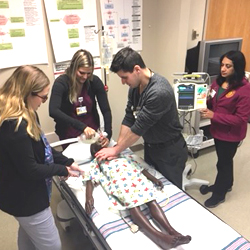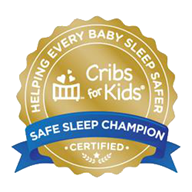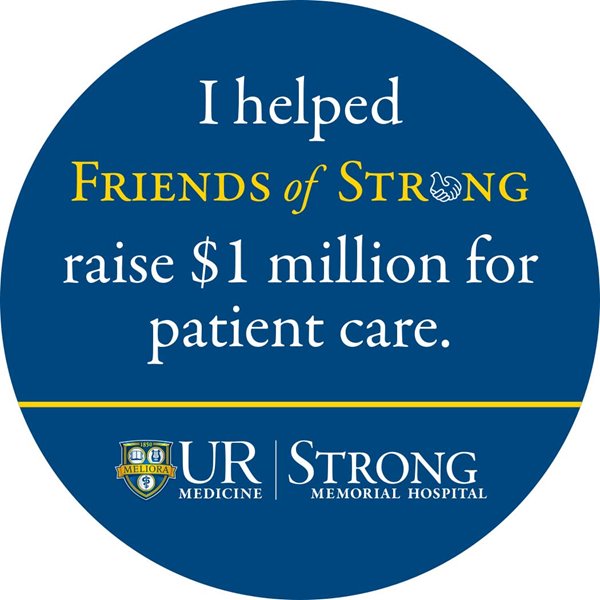Training Program Expands, Earns National Recognition with Support from Friends of Strong

For those experiencing cardiac arrest, the difference between life and death may be determined by the unflinching skills of their health care providers. That reality changed the way we train our front-line staff to respond to such events. And it also won national recognition from the American Heart Association (AHA).
Over the past four years, URMC’s Center for Learning and Development (previously the Center for Nursing Professional Development) has worked to move the needle toward higher survival rates and better outcomes by rapidly scaling an initiative called Resuscitation Quality Improvement (RQI) into the hospital’s operations.
First developed in partnership with the American Heart Association and Laerdal Medical, RQI provides assessment and reinforcement of critical resuscitation skills every 90 days. Much like a concert pianist or an Olympic athlete, CPR training requires regular practice to obtain and maintain skills that are critical to resuscitation efforts. Yet, with the standard education provided by the AHA, health care staff have historically only been required to re-verify their knowledge and demonstrate skills every 2 years.
“This interprofessional project has the potential to address the problem of poor skills retention, improve patient outcomes, and has the potential to decrease the overall cost of CPR training for the institution,” says SMH Nurse Educator Kellie Murphy, MS, RN-BC. “The RQI program has proven essential to improving rapid recall and efficient use of basic CPR skills among participating staff.”
As an early adopter of RQI, URMC is considered a Pioneer organization and is frequently chosen as a beta test site to evaluate new content and equipment—a partnership that’s allowed the opportunity to provide feedback, further improving the system.
Why Is RQI So Impactful?
 While traditional cardiac resuscitation training saves countless lives, the robust day-long models in a classroom limit the frequency with which one could reinforce their skills to two-year increments. Unfortunately, studies show that these skills degenerate within 3-6 months of attending a class.
While traditional cardiac resuscitation training saves countless lives, the robust day-long models in a classroom limit the frequency with which one could reinforce their skills to two-year increments. Unfortunately, studies show that these skills degenerate within 3-6 months of attending a class.
RQI is a multimodal educational program comprised of cognitive (online) modules combined with simulation, using computerized manikins and real-time audiovisual feedback via mobile training stations which can easily be transported between units and locations.
“RQI brings a more technically advanced training program to our frontline staff, right where they are, on a more frequent basis, further ensuring our ability to deliver the most highly skilled life-saving care and the best possible outcomes for our patients,” says Sr. Clinical Nurse Leader Deb Hurley, DNP, RN, CCRN-K, CNL.
Thanks, in large part, to generous support from Friends of Strong, URMC’s RQI program is steadily expanding, most recently with the purchase of seven additional mobile learning stations.
“We understand that this level of advanced, frequent and ongoing training is at the forefront of tomorrow’s standards,” says Sandy Arbasak, Director of Friends of Strong. “We’re proud to be able to help support this important and potentially life-saving initiative.”
Now in practice with all of URMC's inpatient nursing units, Patient Care Technicians, as well as physicians, residents and advanced practice providers, the program will be rolled out to Physical and Occupational Therapy and the ambulatory tower by the end of the year. Additionally, UR Medicine’s Highland and Thompson affiliates are also bringing RQI to their organizations.
Matt Ulakovic | 6/4/2019




